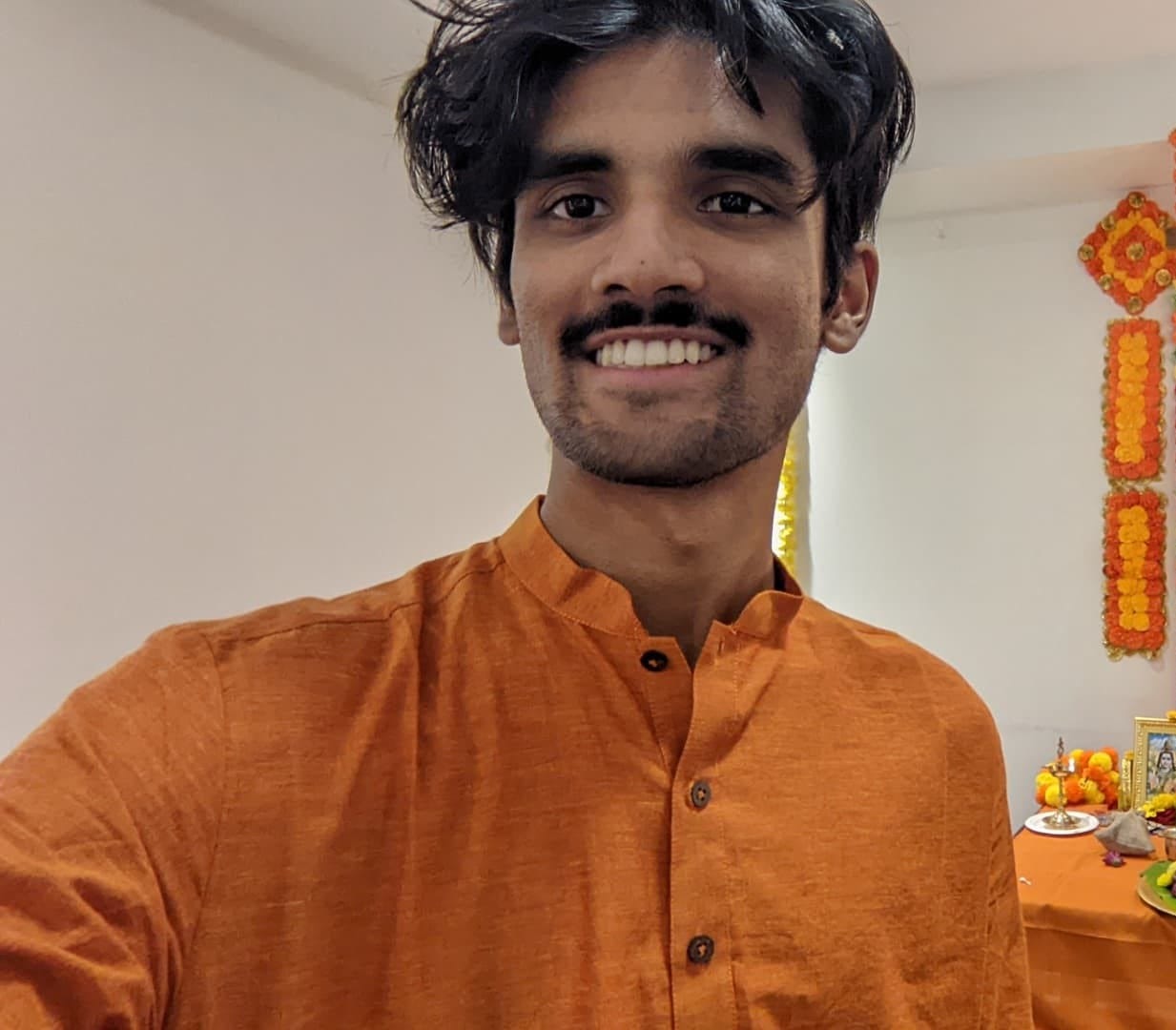What is philosophy to you?
Before philosophy, I often found myself in this situation: I would be told that some X is right and that if I did not understand X, nothing more could be said to explain it to me. There was some inexplicable reason that X was right which I just did not apprehend. The suggestion always seemed to be that you needed to be a special kind of person to understand X. For me, philosophy has given the lie to this esotericism. It has told me that if some X is ever right, there must be some reason to think this and that you, anybody, has the right to demand that reason and the capacity to understand it. For me, philosophy embodies this right and this principle.
How were you first introduced to philosophy?
There were two moments in secondary school. First, I happened upon Shashi Tharoor’s contribution to an Oxford Union debate. There, he argues (drawing on the history of colonialism in India) that Britain does owe reparations to its colonies. Setting aside empirical questions of how much, in what form, etc., he argues for the principle that reparations are owed, because a grave wrong was committed. In me, there was a latent interest in the history of South Asia which this argument awakened, and in turn, I was placed on a trajectory towards postcolonial theory. Second, due to a surge in mainstream alt-right thinking, I became compelled, almost magnetically, to explore what they were rejecting: “postmodernism” and “Marxism”. Thus, I learned how meaning could emerge from an ungrounded and arbitrary (but socially enforced and reproduced) distinction, and all the radical implications this had for the things that seemed meaningful to us.
How do you practice philosophy today?
I practice philosophy by writing it, by teaching it, and by speaking to others about it. In a previous post, my girlfriend (Veronika Z. Nayir) said that I pushed her towards “thinking out loud” as a manner of philosophizing. But in fact, it was she who convinced me that writing—meditating on what I had to say—is the highest form of philosophy. Since then, I’ve learned that teaching is one of the highest forms of writing because when I write to teach, I write with an explicit view towards how I would field questions from students, which illuminates a text like nothing else. Ultimately, I’ve realized that, for me, speaking is not necessarily the place of thinking(=pain), but rather is the locus of sharing and receiving ideas(=joy).
What is a philosophical issue that is important to you?
A topic I’ve been fascinated with is time, specifically from a phenomenological perspective. Here, my central question is, “How is our consciousness or subjectivity structured such that we can experience temporal passage?” This particular question is not only housed in broader questions about time but also in broader questions about sense. That anything can have meaning for us at all is essentially linked to how we experience time: our ability to hold onto moments as they flitter by makes it possible for us to have that thing we call experience (as opposed to chaos), our capacity to “see” possibilities (which are “virtual”) structures our experience of objects (which are “actual”), and so on. I hope to explore further the structures which condition our sense and experience of things, and maybe even probe into the deeper question: What is “sense” in the first place?
What books, podcasts, or other media would you recommend to anyone interested in philosophy?
I recommend The Reality of the Virtual by Slavoj Žižek. It’s a film-cum-lecture, full of wonderful little philosophical, phenomenological, psychoanalytic, and cultural insights. It completely changed how I look at the world and our situation within it. I also recommend Gayatri Chakravorty Spivak’s “Translator’s Preface” to Jacques Derrida’s Of Grammatology. It insistently troubles the concept of sense, and in my view, the outcome is an ethics of thinking, of how to think acknowledging our vulnerability and affirming our complicity. I also love Edmund Husserl’s Cartesian Meditations, in particular, the “Fifth Meditation”, which blew my mind and showed me what pure philosophy could accomplish. And a wonderful philosophy podcast that I always tune in to is What’s Left of Philosophy?
Aman Sakhardande is completing his B.A. this year in Philosophy and Linguistics at the University of Toronto, where he will be beginning his Ph.D. in Philosophy in the fall of 2024. His primary research interests are phenomenology and critical theory (broadly construed). In particular, he has an intellectual affection for Heidegger and Marx.




